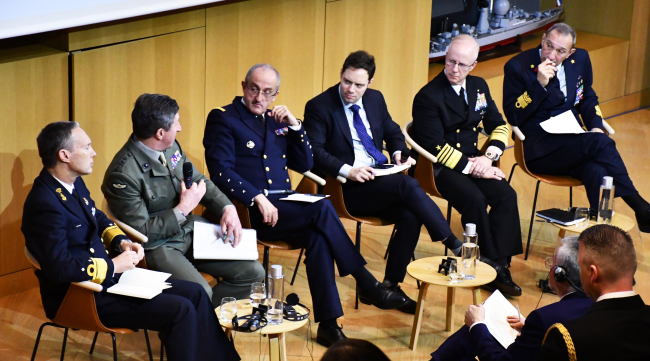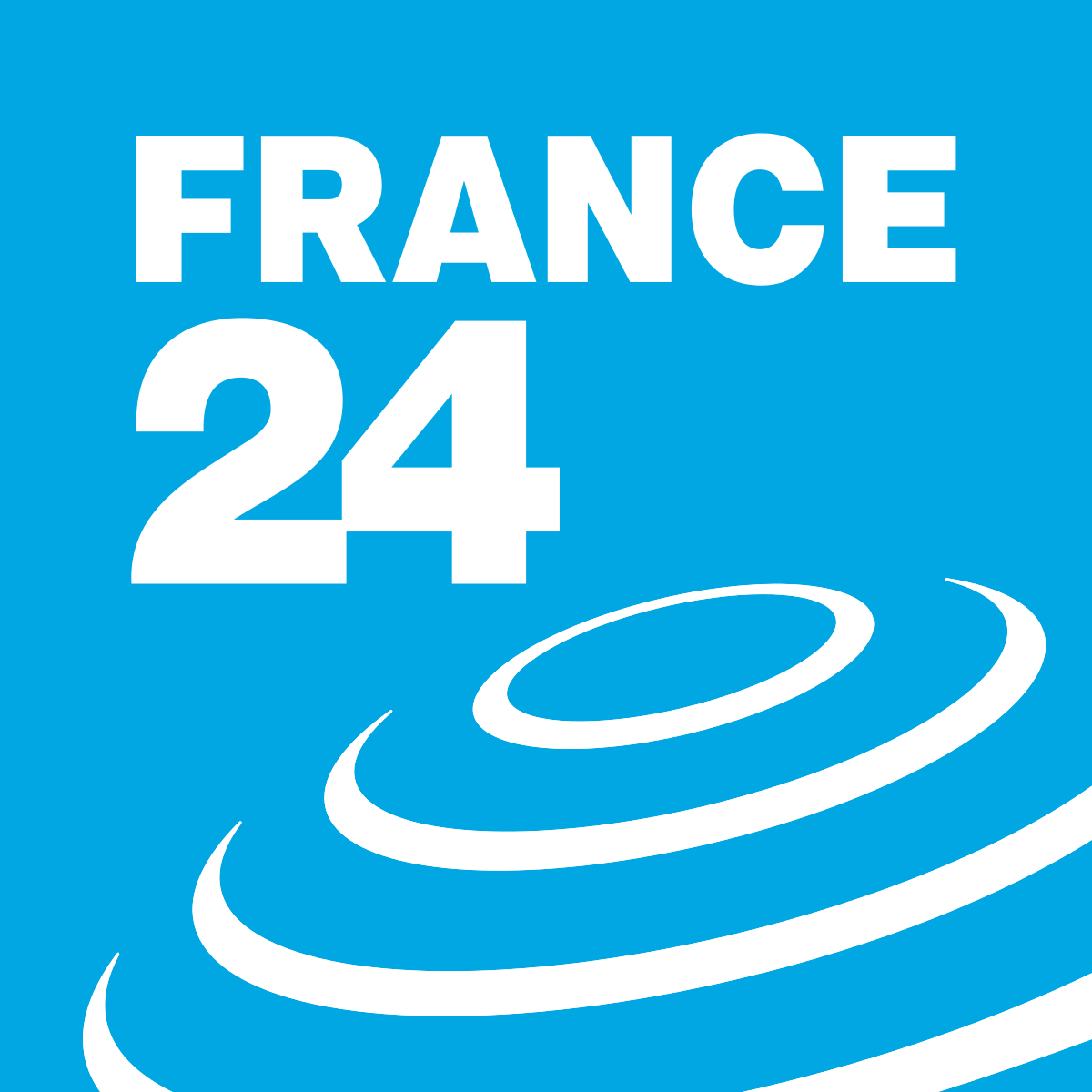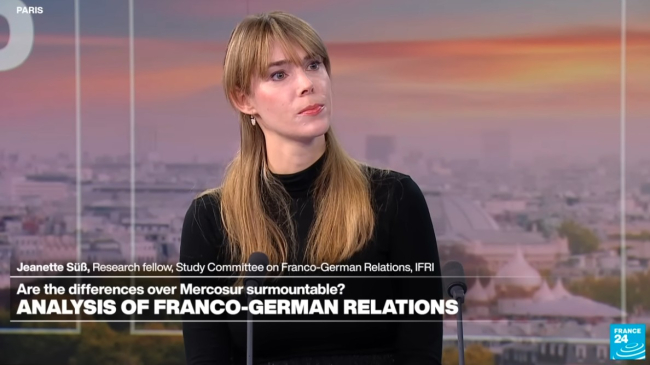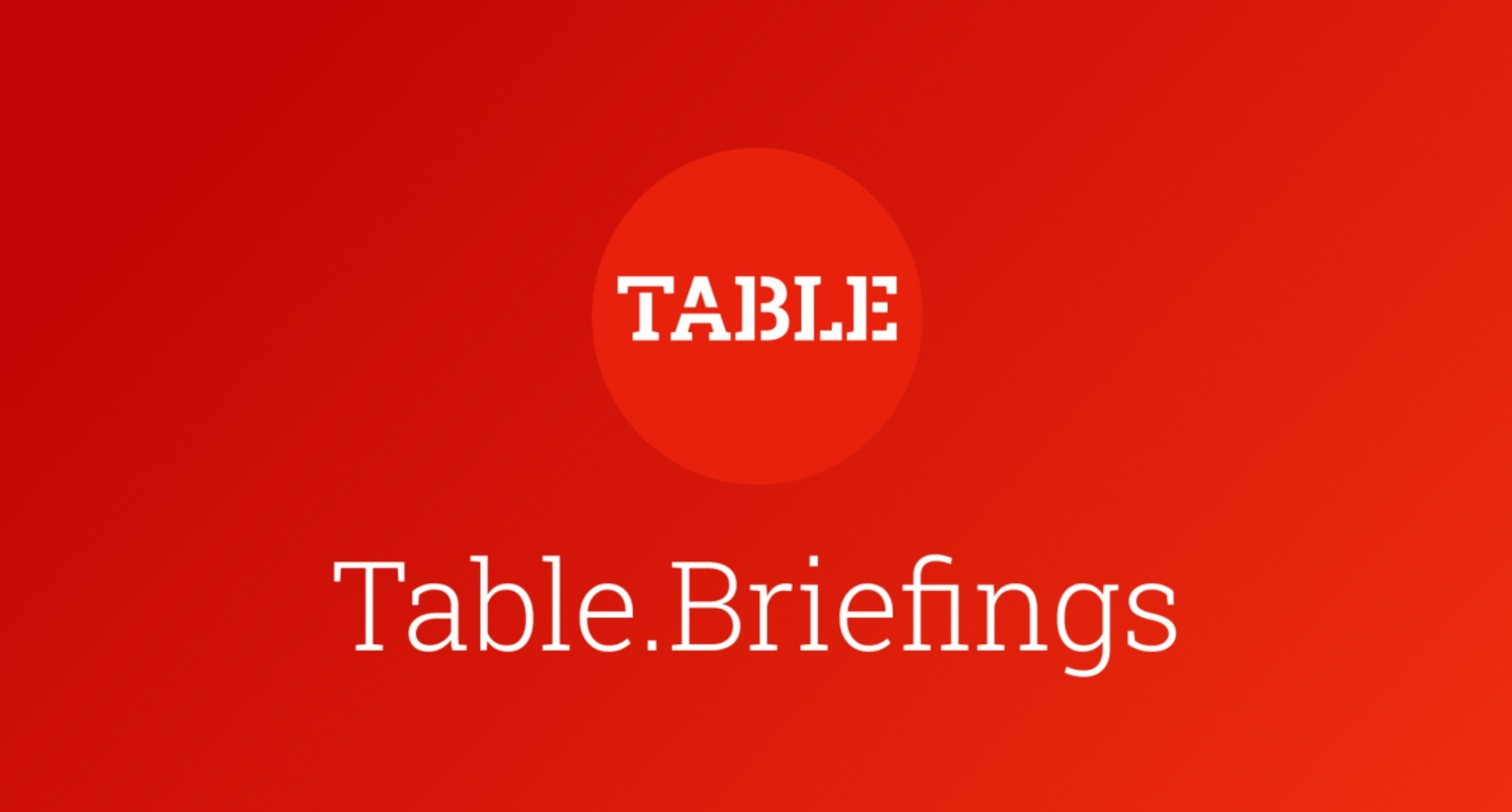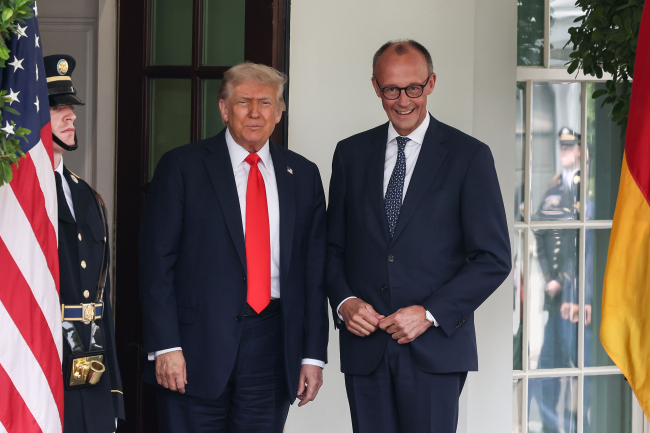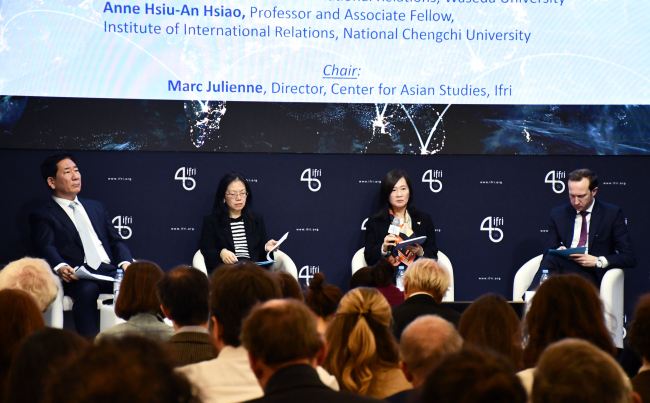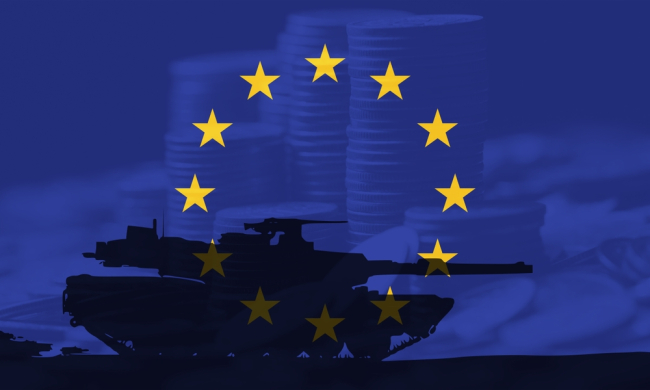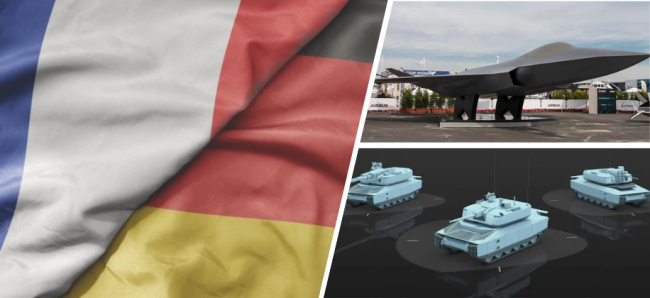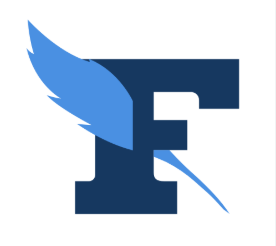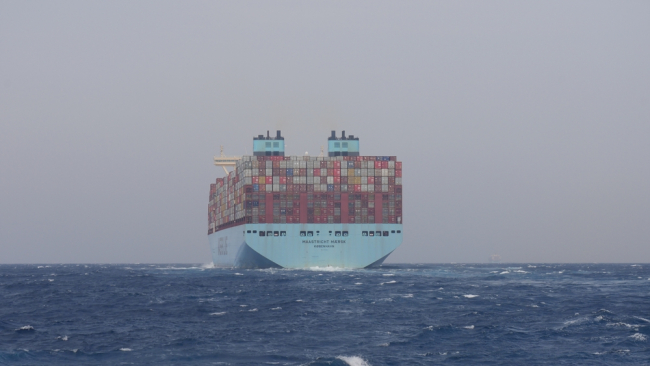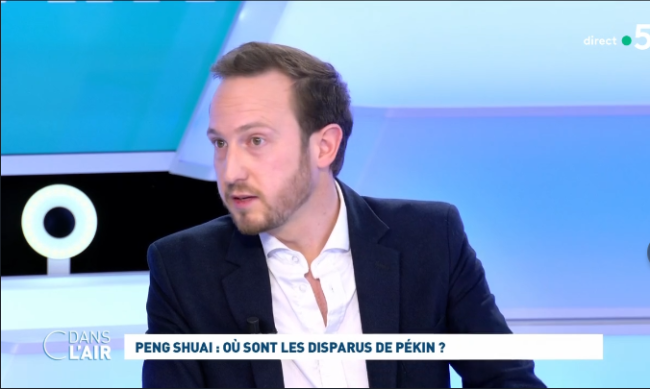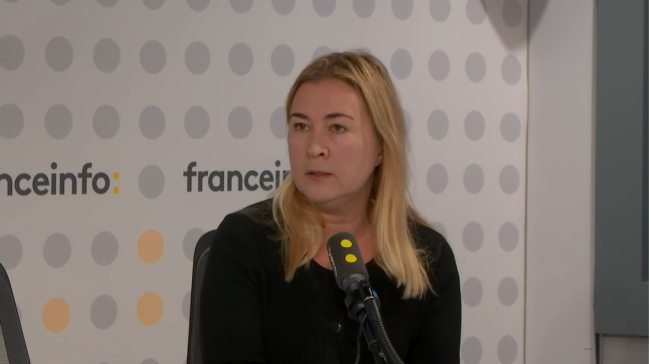Media Interventions
Our researchers intervene in the public debate and bring their light to the French and international media. Discover all their media interventions.

Build and Maintain Air-Sea Superiority in a Contested Operational Environment – CNP 26
An exceptional opening roundtable at the 2026 Paris Naval Conference, bringing together the Chiefs of Naval Staff of the French, U.S., British, Italian and Dutch navies.
Europe at a crossroads: Rethinking Franco-German leadership
François Picard is pleased to welcome Jeanette Süß, Researcher at the Study Committee on Franco-German Relations (Cerfa) at the French Institute of International Relations (Ifri).
Greenland and transatlantic security: How Berlin, Warsaw and Paris could become more effective
European NATO countries are backing a presence in Greenland in response to Trump’s claim on the island. But the US president is escalating the conflict with threats of new tariffs. In an interview with Table.Briefings, experts call for institutional reforms – if Europe wants to become more capable of acting.
Replay - Navigating the Taiwan Strait Tensions: Perspectives from Japan, the Philippines, and France
Conference Replay - As tensions continue to rise in the Taiwan Strait and discussions grow about hybrid frictions potentially escalating into a kinetic conflict in the coming years, neighboring countries are bracing for impact. Japan and the Philippines would be on the front lines if a crisis were to erupt in the Taiwan Strait.

China Plays Up Image of Reliable Partner as Foreign Monarchs Visit "The visit gives China a chance not only to reaffirm its closeness with the (Thai) Kingdom, but also to signal its continued regional relevance at a time when U.S. influence is visibly receding. It comes just two weeks after Trump's brief stop at the ASEAN Summit, where his visit's only visible outcome was his role in overseeing the signing of the short-lived peace declaration between Thailand and Cambodia. By contrast, China announced the deepening of its free-trade agreement with ASEAN" - Juliette Loesch.
quoted by Liz Lee in Reuters
Replay - Strategic Autonomy and Asia amid Rising Geoeconomic Competition
Amid growing strategic and geopolitical uncertainty, Europe is grappling with the notion of its strategic autonomy. For Europe’s partners in Asia, the concept is also becoming increasingly salient as the world enters an era of structural transformation.
'Russia holds a decisive edge in terms of manpower, firepower and mobilization capacity'
Three researchers at the French Institute of International Relations, Dimitri Minic, Tatiana Kastouéva-Jean and Paul Maurice, are urging Europe to intensify its power dynamic with Moscow. The French Institute of International Relations (IFRI) published a report on Tuesday, November 4, that highlights Europe's vulnerabilities in the event of a high-intensity conflict with Russia.
Replay - Conference with Badr Abdelatty, Minister of Foreign Affairs of Egypt
Invited to Ifri on October 2, 2025, Egypt’s Minister of Foreign Affairs, Badr Abdelatty, highlighted Egypt’s doctrine of “strategic balance,” which is based on non-alignment and non-interference, while maintaining strong relations with major global powers such as the United States, Russia, and China.
French-German future combat aircraft project on the brink of collapse
Eight years after Emmanuel Macron and Angela Merkel launched the SCAF, this symbol of European sovereignty in defense is on the verge of collapse. At issue are the demands of the project's main contractor, Dassault Aviation, which Berlin considers excessive, as well as political and strategic differences between France and Germany.
Replay - France-Ukraine Forum 2025
Replay of the France-Ukraine Forum 2025. - Three years after the start of Russia's full-scale war against Ukraine, the France-Ukraine 2025 Forum will welcome politicians, experts, academics, and civil society representatives from both countries to discuss three main topics: Ukraine's current military strategy and strategic perspectives; the country's resilience and recovery; Ukraine's European and transatlantic perspectives, including the EU accession process and its aspirations to join NATO.
The Global Battle for Control of the Seas Continues to Rage in the 21st Century
Just as the Greek cities in the Mediterranean did over two thousand years ago, today the United States and China are seeking to control the sea lanes. Europe is watching the ships go by. On July 6, off the coast of Yemen, not far from Djibouti and the Bab al-Mandab Strait, the Greek and Liberian bulk carrier Magic Seas, loaded with fertilizer and steel, sank after being attacked by drone boats and rocket launchers. The next day, the Eternity C, hit by missile fire, sank, killing some of the crew.
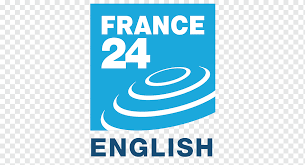
France and Germany boost defense ties amid global tensions
French President Emmanuel Macron hosted German Chancellor Friedrich Merz on August 29 for the Franco-German Council of Ministers. They discussed Europe’s economy, support for Ukraine, and defense, with Merz pushing for German leadership on security. But political tensions in France and Germany are straining the partnership amid broader concerns over NATO, nuclear deterrence, and Europe’s reliance on US protection. Marie Krpata, Research Fellow at the Study Committee on Franco-German Relations at IFRI, has more on this issue.

Germany passes military service bill
In the wake of the war in Ukraine, Germany and France are working to define security guarantees for Kyiv.
Support independent French research
Ifri, a foundation recognized as being of public utility, relies largely on private donors – companies and individuals – to guarantee its sustainability and intellectual independence. Through their funding, donors help maintain the Institute's position among the world's leading think tanks. By benefiting from an internationally recognized network and expertise, donors refine their understanding of geopolitical risk and its consequences on global politics and the economy. In 2025, Ifri supports more than 80 French and foreign companies and organizations.








